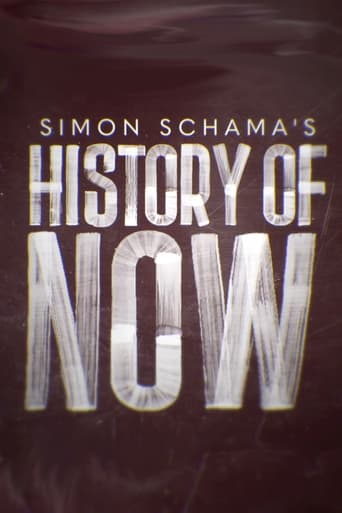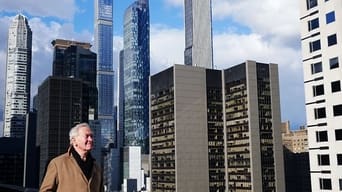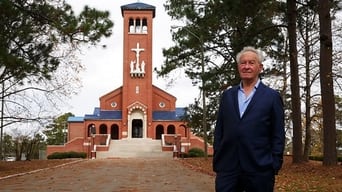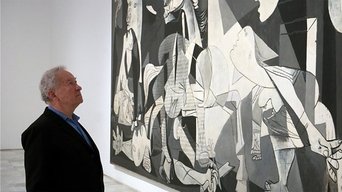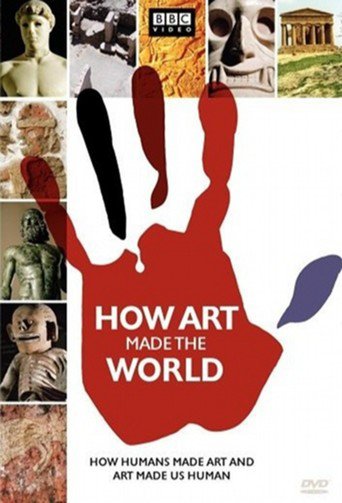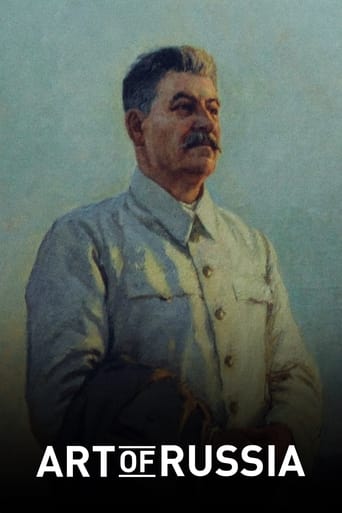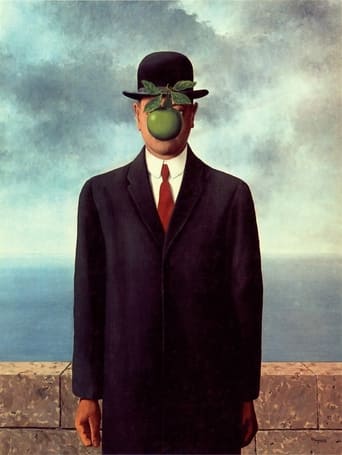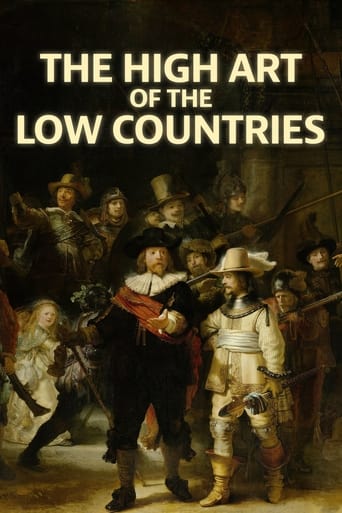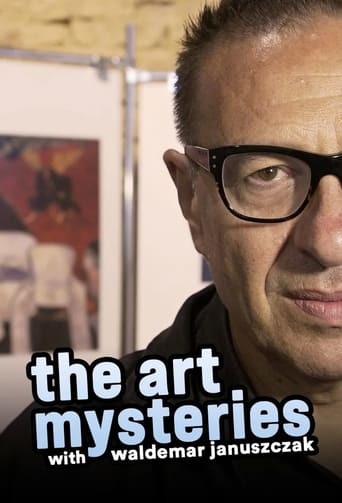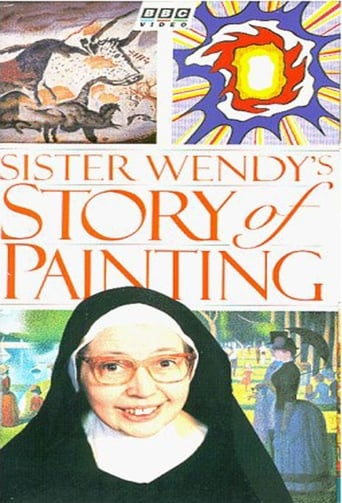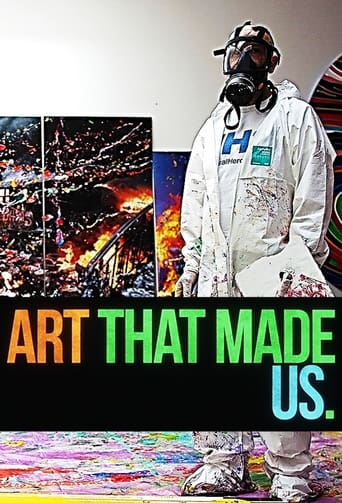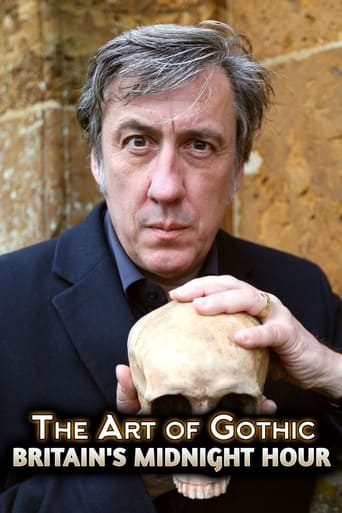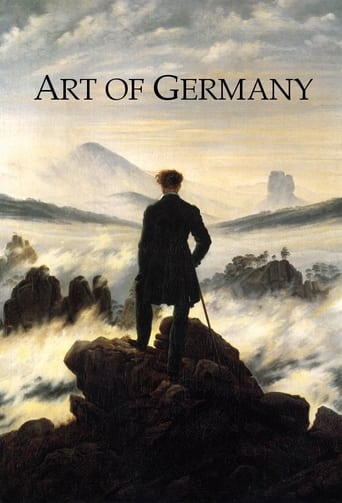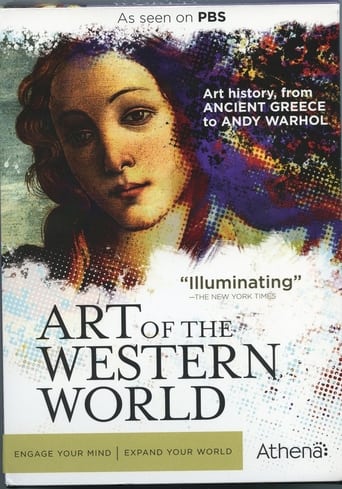Simon Schama's History of Now Season 1
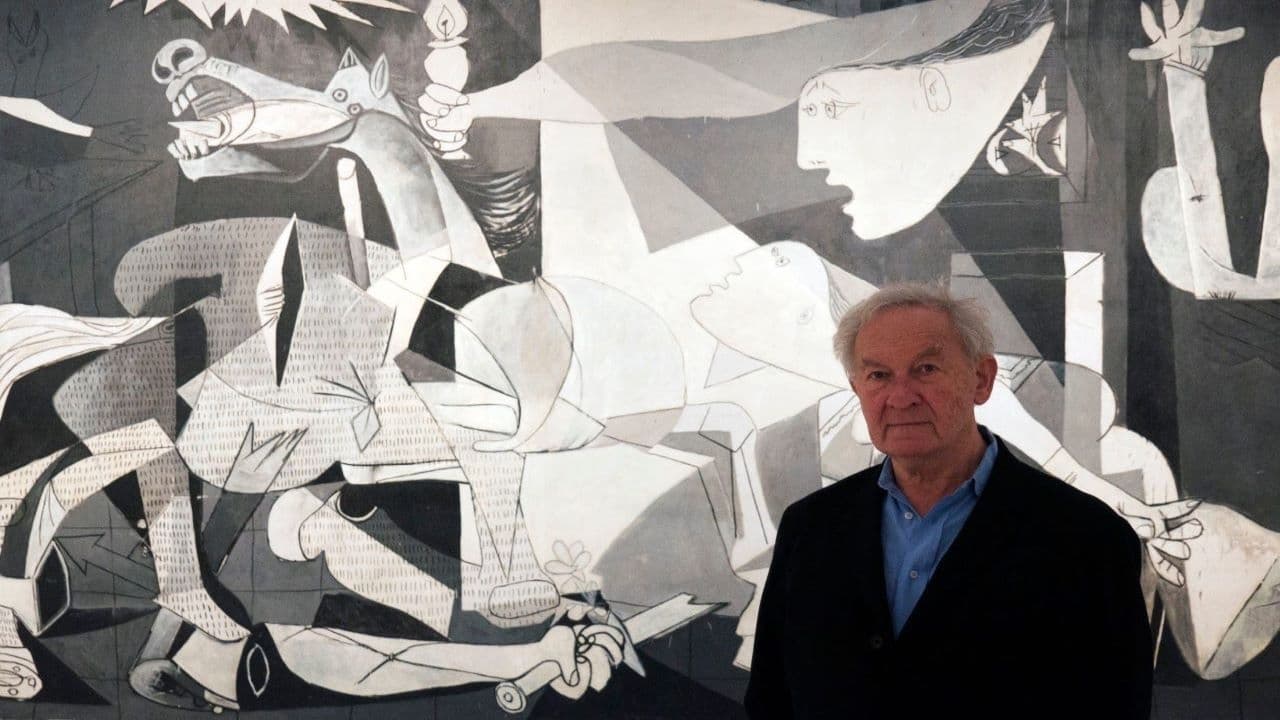
In his most personal project to date, Simon Schama looks back at the dramatic history that has played out in his lifetime. Best known for writing history, he has lived a fair bit of it too. Born in 1945, on the night of the bombing of Dresden, Simon grew up as part of a generation determined to rebuild the world from the ashes of war. In this film, he reveals the stories of artists and writers who have been at the forefront of the fight for truth and democracy, often at great personal cost.
Watch NowWith 30 Day Free Trial!
Simon Schama's History of Now
2022
In his most personal project to date, Simon Schama looks back at the dramatic history that has played out in his lifetime. Best known for writing history, he has lived a fair bit of it too. Born in 1945, on the night of the bombing of Dresden, Simon grew up as part of a generation determined to rebuild the world from the ashes of war. In this film, he reveals the stories of artists and writers who have been at the forefront of the fight for truth and democracy, often at great personal cost.
Watch Trailer
With 30 Day Free Trial!
Simon Schama's History of Now Season 1 Full Episode Guide
After the Second World War, there were deep divisions in America about how to move forward. Should it be a social democracy, in which a benevolent state would look after its most vulnerable citizens? Or should it put its faith in individual enterprise and the free market to provide plenty for all? Simon Schama examines how the filmmaker Charlie Chaplin and author Ayn Rand created radically different visions of how this new postwar world should work, and how writers such as Rachel Carson drew attention to the damage being inflicted on the natural world. He talks to author Margaret Atwood about how Carson inspired her own work and to photographer Edward Burtynsky about his photographic projects to document haunting images of the pursuit of consumerism.
Simon Schama explores the artists at the vanguard of the fight for equality in the decades after the Second World War. He revisits his childhood as a Jewish boy in Southend and his memories of seeing James Baldwin debate William Buckley at the Cambridge Union, explores the story behind Nina Simone's classic civil rights song Mississippi Goddam, and meets Coleman Woodson Junior, who was part of the historic Selma to Montgomery march in 1965.
Simon opens the film with Picasso’s Guernica. Painted in 1937, in response to the bombing of a small town by the Nazis in the Spanish Civil War, no work of art has so powerfully captured the true horror of civilian bombings. Ever since, Picasso’s masterpiece has stood as a testament to the power of art to preserve the historical record and to speak truth to power.
Free Trial Channels
Seasons


